Different But The Same: In a Divisive Era, What Do We Have In Common?
Join JOANNA HU as she explores humanity’s common ground in an era of media fueled division.
BY
Joanna Hu
The UrbanWire Editorial Admin
Hype Issue #59
Published on
August 30, 2024
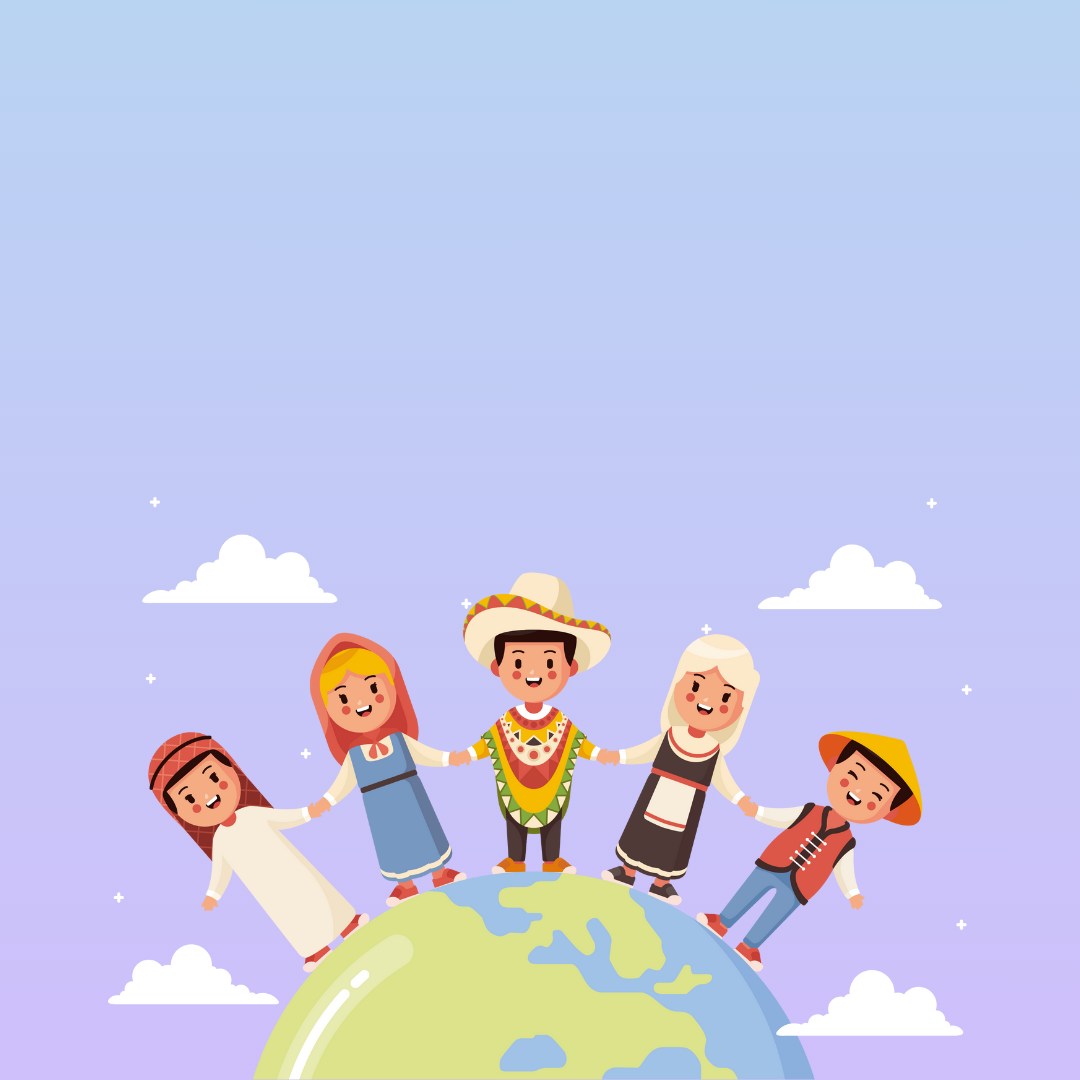
Photo taken from Canva.
Scrolling through social media these days can feel too much like navigating a battlefield – vicious debates popping up faster than you can scroll, with death threats flooding the comment section at the first hint of a controversial opinion. Traditional media offers little reprieve, highlighting the stark realities of our world with its focus on major global events such as the many ongoing wars and riots.
With globalisation and advancements in technology, the world is connected more than ever, and yet, it feels like we have never been more divided. Perhaps, in these divisive times, the first step to a more harmonious world is finding the common ground that we all share, unhindered by borders and beliefs. So, what exactly is it that unites us in this era of division?
A Love For Food
“Food is our common ground, a universal experience.” – James Beard, Chef and cookbook author.
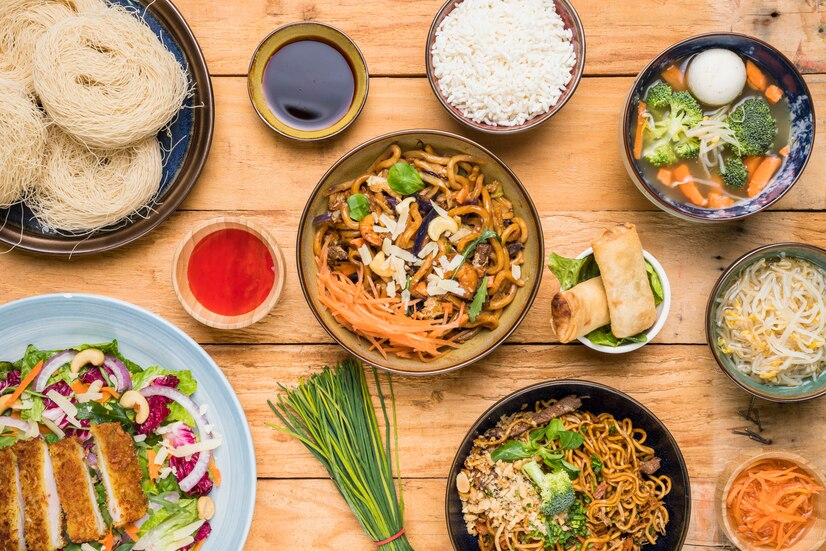
Photo taken from Freepik
Food is one of the most basic physiological needs that unites all living beings. But more than that, it is a universal language that transcends cultures, a love that is shared by all of humanity. For centuries, people around the world have devoted immense care and effort to perfecting the flavours, textures, and presentation of food. Regardless of where in the world you are, mealtimes are more than routine – they are an expression of love, an opportunity to spend time with friends and family, and a time to enjoy one of the simple joys of life.
Interestingly, strikingly similar dishes have appeared in different parts of the world, showing that despite our surface differences, we share remarkably similar ideas. Dumplings are a great example of this phenomenon, existing in various forms across Asia and Latin America.
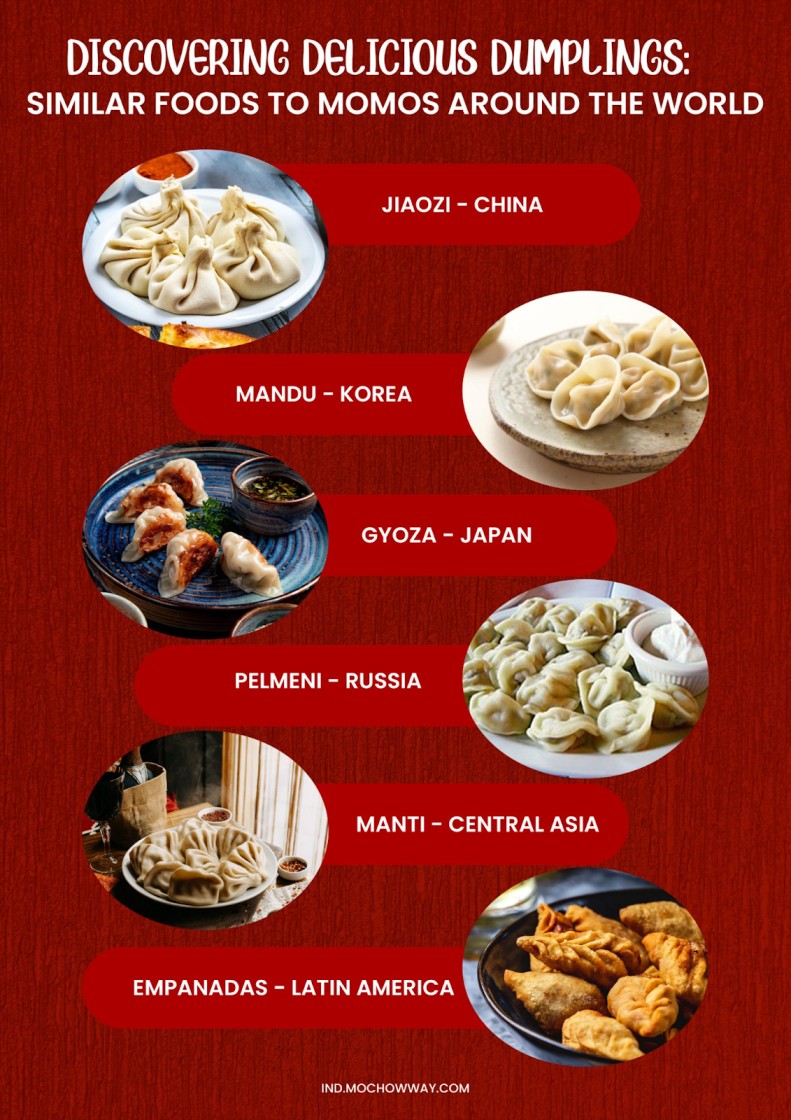
Variations of dumplings across the world. Infographic from the Momoway website.
Whether you “eat to live” or “live to eat”, it is undeniable that food is a source of comfort, satisfying not only our taste buds but also one of our most essential needs, allowing us to thrive and look forward to tomorrow.
An Appreciation For The Arts
“The earth without art is just eh.” – Demetri Martin, comedian and actor.

Photo taken from Freepik.
Since the dawn of humanity, art has been a staple in human life. It is a way to communicate and express sentiments that words alone cannot fully capture, and is a lasting record of our people, culture, and way of life. Art is a reflection of our lives, experiences, and identity, and has been celebrated and cherished by people all over the world for millennia.
When we think of art, visual art like painting, sculpting, and architecture are often the first to come to mind. These mediums have been integral to human life for as long as humanity has existed, from the primitive cave paintings of the Stone Age to the grand, sprawling paintings of the Sistine Chapel. It is also through these artworks that we can learn about the lives of those who came before us, bridging the gaps left behind by time.
Of course, the performing arts such as dance and music are not to be forgotten either, being a vital part of many cultures’ celebrations, rituals, traditions, and entertainment. Despite their stylistic differences, many cultures’ performing arts share common threads in their meaning. For instance, the storytelling nature of the Hawaiian Hula and Indian Bharatanatyam, or the Christian hymns and Buddhist chants to worship a higher power.
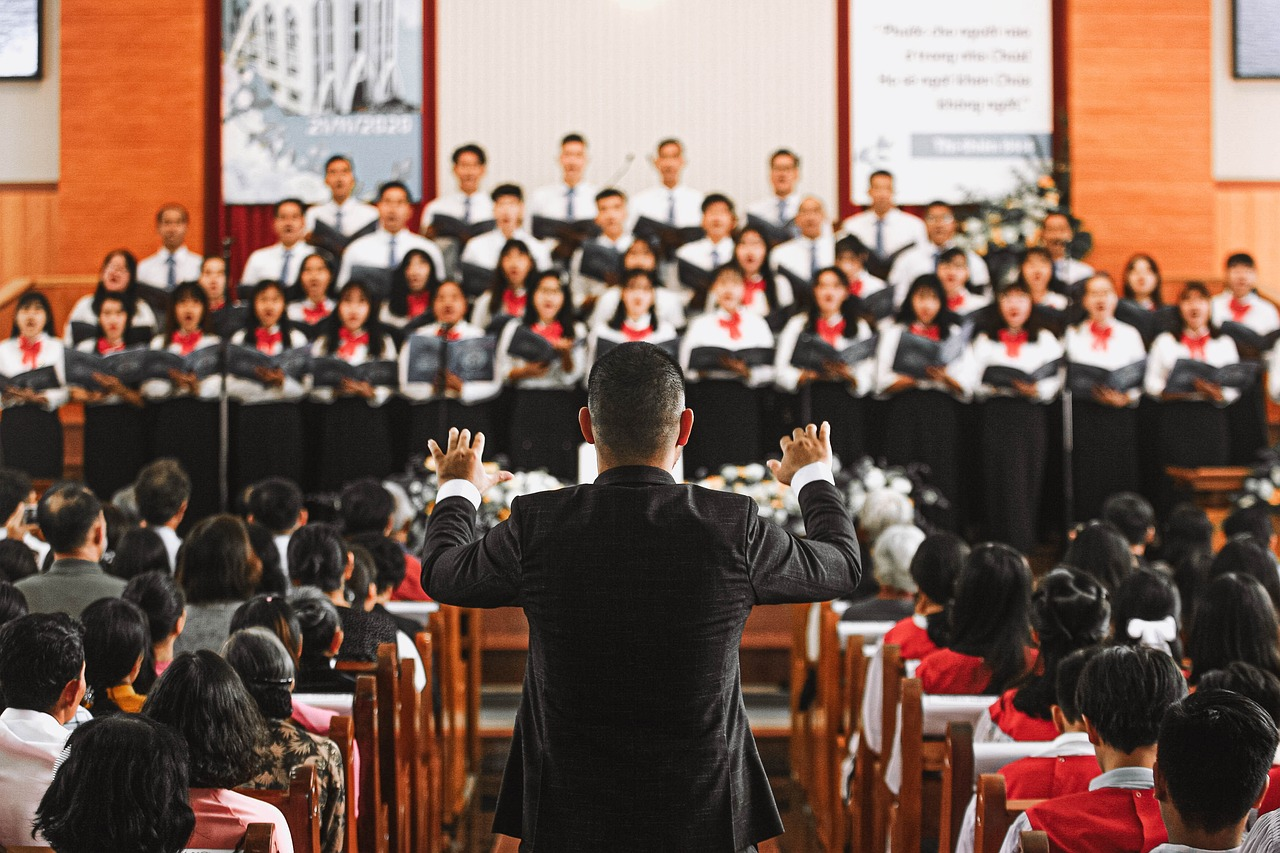
A church choir. Photo taken from Pixabay.
Many cultures share similar musical instruments as well. Flutes are a prime example, having emerged independently in various cultures, from the Western concert flute to the Chinese dizi, Indian bansuri, and Greek pan flute. Even our ancestors from Neanderthal times played similar instruments, as evidenced by a 60,000-year-old bone flute that was discovered in Divje babe.

Neanderthal flute made from the thigh bone of a cave bear. Photo taken from the Archaeological Park Divje Babe website.
In today’s world, art continues to unite people both within and across cultures.Think of popular musicians like Blackpink or Taylor Swift. Millions of fans from all over the world enjoy their music, even when many of them may not understand the language. In the world of division that we live in, art offers a much-needed common ground, where differences in language, style, and culture can be celebrated and appreciated by all.
Fundamental Human Desires
“The greatest gift in life is to be remembered.” – Ken Venturi, World Golf Hall of Fame golfer.
At its core, the driving force of humanity is a set of fundamental desires that we all share. We want to be remembered, to leave a lasting mark on the world. We seek love and connection, and strive to find a purpose and sense of belonging. These are not just superficial desires – according to Maslow’s hierarchy of needs, they are deep-rooted psychological motivators that drive human behaviour.
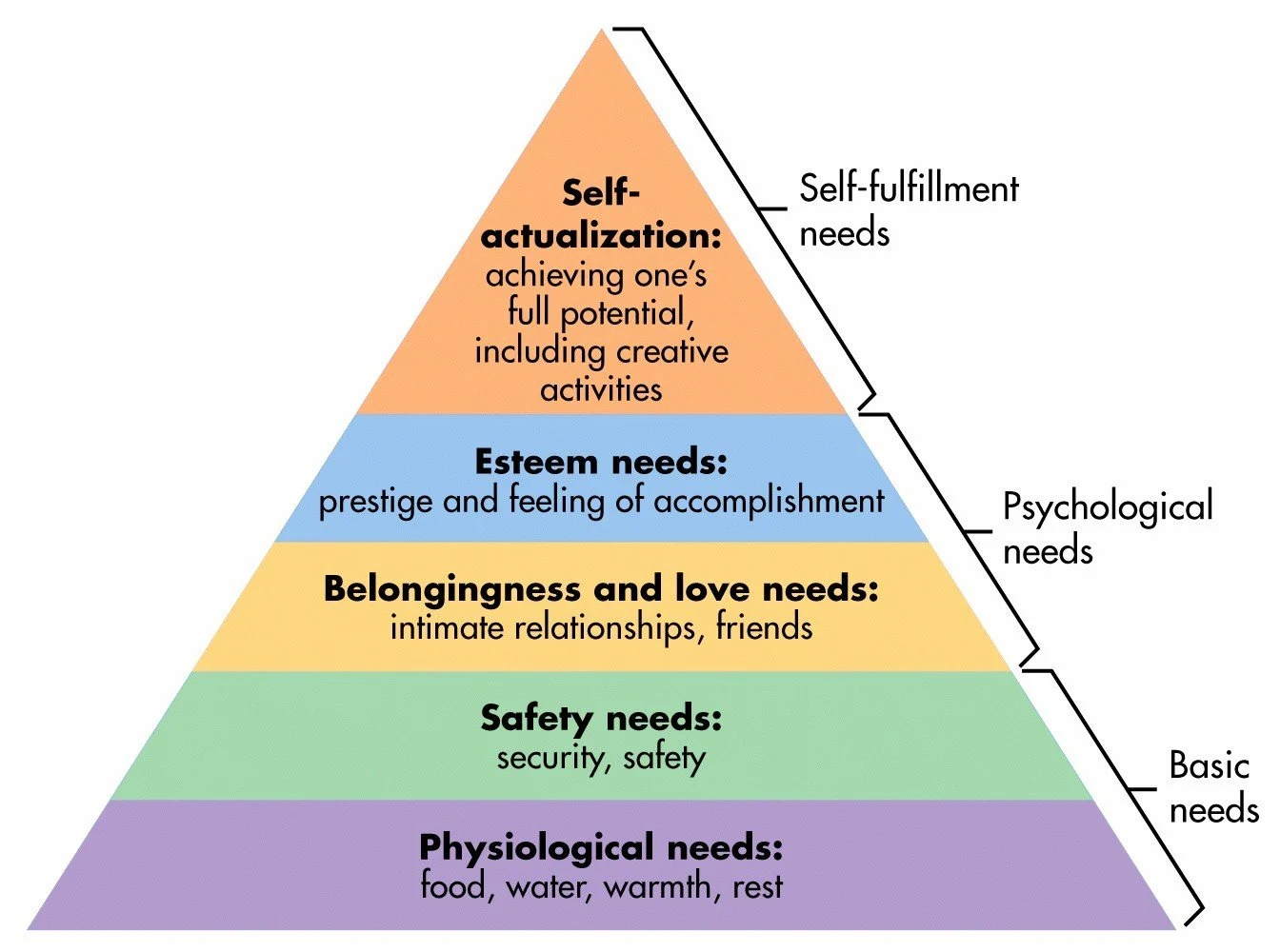
Maslow’s Hierarchy of Needs theory, which states that humans’ basic survival needs have to be fulfilled before the higher-level psychological and self-fulfilment needs. Photo taken from SimplyPsychology
These psychological needs are the foundation of humanity. Everyone, be they artists, inventors, or simply regular people, is guided by this desire to be loved, admired, and remembered, perhaps even beyond their lifetimes. Humans are social creatures, after all, and our quest for love and admiration often spurs us to strive towards bigger and better things, so that at the end of it all, we can know that our relatively short existence had meaning.
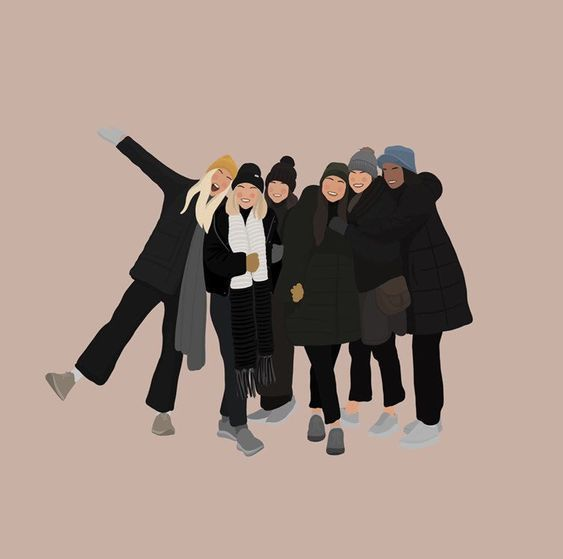
Photo taken from Pinterest.
While these desires may manifest in different ways across cultures and individuals, they stem from the same human need for love, purpose, and connection. Divided by borders and beliefs, we are all still human, driven by these innate motivations that unites us all as a species.
Putting it all together
Of course, finding common ground does not mean that our grievances and disagreements will magically disappear. The world is a complex place, and society even more so. Standing on common ground will not prevent us from clashing over a thousand other issues and opinions.
Beyond finding common ground, what really matters is our ability to acknowledge and respect our differences, even when we may not fully understand or agree. After all, as long as these differences are causing no harm, why stir up unnecessary conflict? Besides, differences are what makes life interesting – imagine how boring the world would be if we were all exactly the same.
Finding common ground does not mean that we have to be best friends, nor does it mean that we will never disagree. Disagreements are part and parcel of life, something that we will all experience, and perhaps that is yet another thing we have in common. But in the end, friendship does not have to be the goal. Instead, we should focus on cultivating respect and building relationships that allow us to coexist peacefully, working together towards a better version of society – and ourselves.

Hello, Jack speaking. I’ve bookmarked your site and make it a habit to check in daily. The information is top-notch, and I appreciate your efforts.
What an excellent post! It is a delight to read your insightful analysis presented in an interesting way. This article taught me a lot, and I will be using it again and again. Your expertise is much appreciated.
Hey there You have done a fantastic job I will certainly digg it and personally recommend to my friends Im confident theyll be benefited from this site
Love it
You’ve excelled
For en fremragende skrivejobb! Både grundigheten og klarheten i din analyse er sterkt verdsatt. Dine data var både praktiske og relevante. Dette er en artikkel jeg vil komme tilbake til på et senere tidspunkt. Din kunnskap og innsikt er sterkt verdsatt.
What i do not understood is in truth how you are not actually a lot more smartly-liked than you may be now. You are very intelligent. You realize therefore significantly in the case of this topic, produced me individually imagine it from numerous numerous angles. Its like men and women don’t seem to be fascinated until it is one thing to do with Woman gaga! Your own stuffs nice. All the time care for it up!
allegheny county real estate I do not even understand how I ended up here, but I assumed this publish used to be great
Just wish to say your article is as surprising The clearness in your post is just cool and i could assume youre an expert on this subject Fine with your permission allow me to grab your RSS feed to keep updated with forthcoming post Thanks a million and please keep up the enjoyable work
you are truly a just right webmaster The site loading speed is incredible It kind of feels that youre doing any distinctive trick In addition The contents are masterwork you have done a great activity in this matter
Simply desire to say your article is as surprising The clearness in your post is simply excellent and i could assume you are an expert on this subject Fine with your permission let me to grab your feed to keep up to date with forthcoming post Thanks a million and please carry on the gratifying work
What i dont understood is in reality how youre now not really a lot more smartlyfavored than you might be now Youre very intelligent You understand therefore significantly in terms of this topic produced me personally believe it from a lot of numerous angles Its like women and men are not interested except it is one thing to accomplish with Woman gaga Your own stuffs outstanding Always care for it up
Just wish to say your article is as surprising The clearness in your post is just cool and i could assume youre an expert on this subject Fine with your permission allow me to grab your RSS feed to keep updated with forthcoming post Thanks a million and please keep up the enjoyable work
Corrugated Metal Pipes : These durable, flexible pipes are commonly used for culverts and drainage systems. ElitePipe Factory in Iraq provides top-quality corrugated metal pipes.
Wonderful web site Lots of useful info here Im sending it to a few friends ans additionally sharing in delicious And obviously thanks to your effort
What i do not realize is in fact how you are no longer actually much more wellfavored than you might be right now Youre very intelligent You recognize thus considerably in relation to this topic made me in my view believe it from numerous numerous angles Its like men and women are not fascinated until it is one thing to do with Lady gaga Your own stuffs excellent All the time handle it up
Hello i think that i saw you visited my weblog so i came to Return the favore Im trying to find things to improve my web siteI suppose its ok to use some of your ideas
Nice blog here Also your site loads up fast What host are you using Can I get your affiliate link to your host I wish my web site loaded up as quickly as yours lol
먹튀검증소: https://mtverify.com/
Thank you for this insightful post! I really appreciate the effort you put into creating such valuable content.
Blue Techker There is definately a lot to find out about this subject. I like all the points you made
Keep up the fantastic work! Kalorifer Sobası odun, kömür, pelet gibi yakıtlarla çalışan ve ısıtma işlevi gören bir soba türüdür. Kalorifer Sobası içindeki yakıtın yanmasıyla oluşan ısıyı doğrudan çevresine yayar ve aynı zamanda suyun ısınmasını sağlar.
Jinx Manga I just like the helpful information you provide in your articles
Somebody essentially lend a hand to make significantly articles Id state That is the very first time I frequented your website page and up to now I surprised with the research you made to make this actual submit amazing Wonderful task
Back Magazin I appreciate you sharing this blog post. Thanks Again. Cool.
Blue Techker I do not even understand how I ended up here, but I assumed this publish used to be great
I do trust all the ideas youve presented in your post They are really convincing and will definitely work Nonetheless the posts are too short for newbies May just you please lengthen them a bit from next time Thank you for the post
Its like you read my mind! You appear to know so much about this, like you wrote the book in it or something. I think that you can do with a few pics to drive the message home a little bit, but other than that, this is fantastic blog. A great read. I’ll certainly be back.
Glue Dream strain very informative articles or reviews at this time.
Glue Dream strain I like the efforts you have put in this, regards for all the great content.
Blue Techker There is definately a lot to find out about this subject. I like all the points you made
Nice blog here Also your site loads up fast What host are you using Can I get your affiliate link to your host I wish my web site loaded up as quickly as yours lol
Your blog is a shining example of excellence in content creation. I’m continually impressed by the depth of your knowledge and the clarity of your writing. Thank you for all that you do.
Simply wish to say your article is as amazing The clearness in your post is just nice and i could assume youre an expert on this subject Well with your permission let me to grab your feed to keep updated with forthcoming post Thanks a million and please carry on the gratifying work
Your writing is a true testament to your expertise and dedication to your craft. I’m continually impressed by the depth of your knowledge and the clarity of your explanations. Keep up the phenomenal work!
hello!,I really like your writing so a lot! share we keep up a correspondence extra approximately your post on AOL? I need an expert in this house to unravel my problem. May be that is you! Taking a look ahead to see you.
NY weekly Very well presented. Every quote was awesome and thanks for sharing the content. Keep sharing and keep motivating others.
Noodlemagazine You’re so awesome! I don’t believe I have read a single thing like that before. So great to find someone with some original thoughts on this topic. Really.. thank you for starting this up. This website is something that is needed on the internet, someone with a little originality!
I couldn’t stop scrolling and reading, your content is truly one-of-a-kind. Thank you for all the time and effort you put into creating such amazing content.
Deliver what agencies promise but rarely achieve: consistent, quality content. https://bit.ly/Vocable-AI